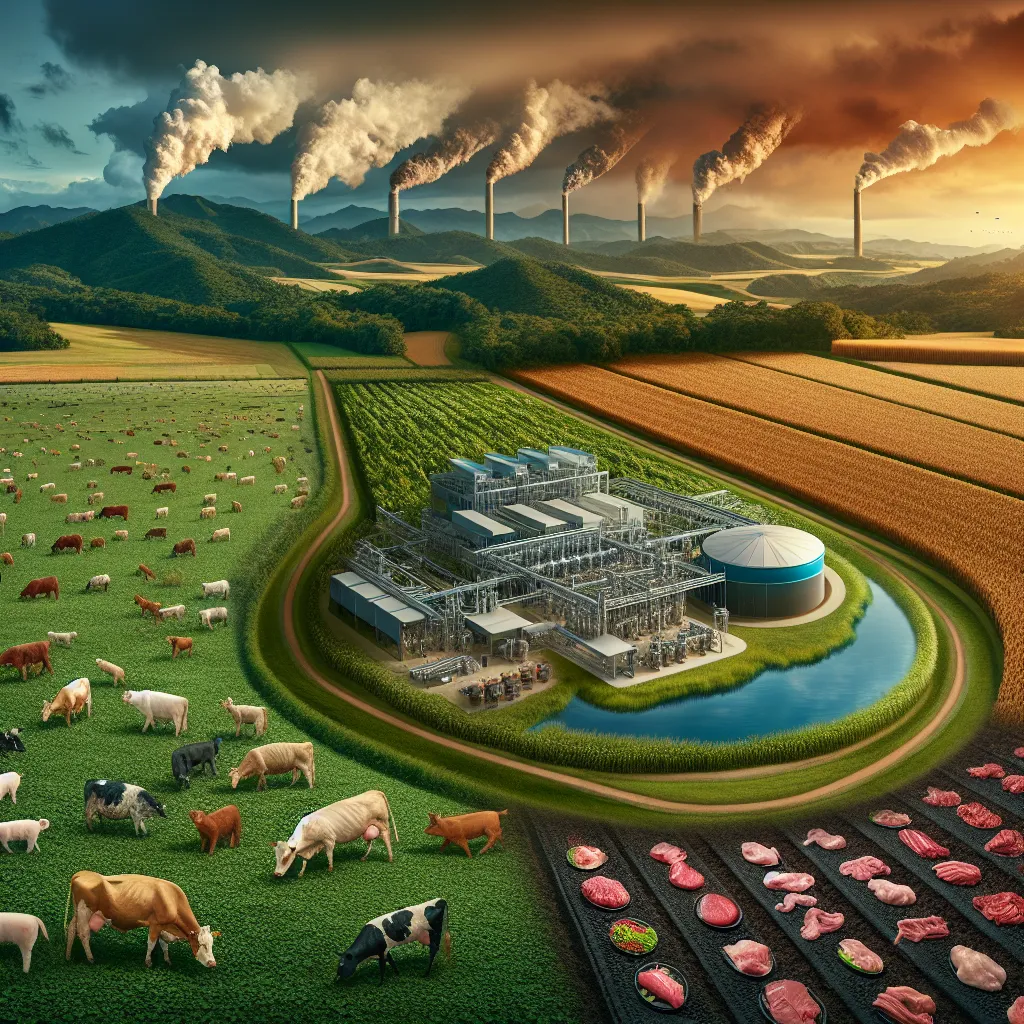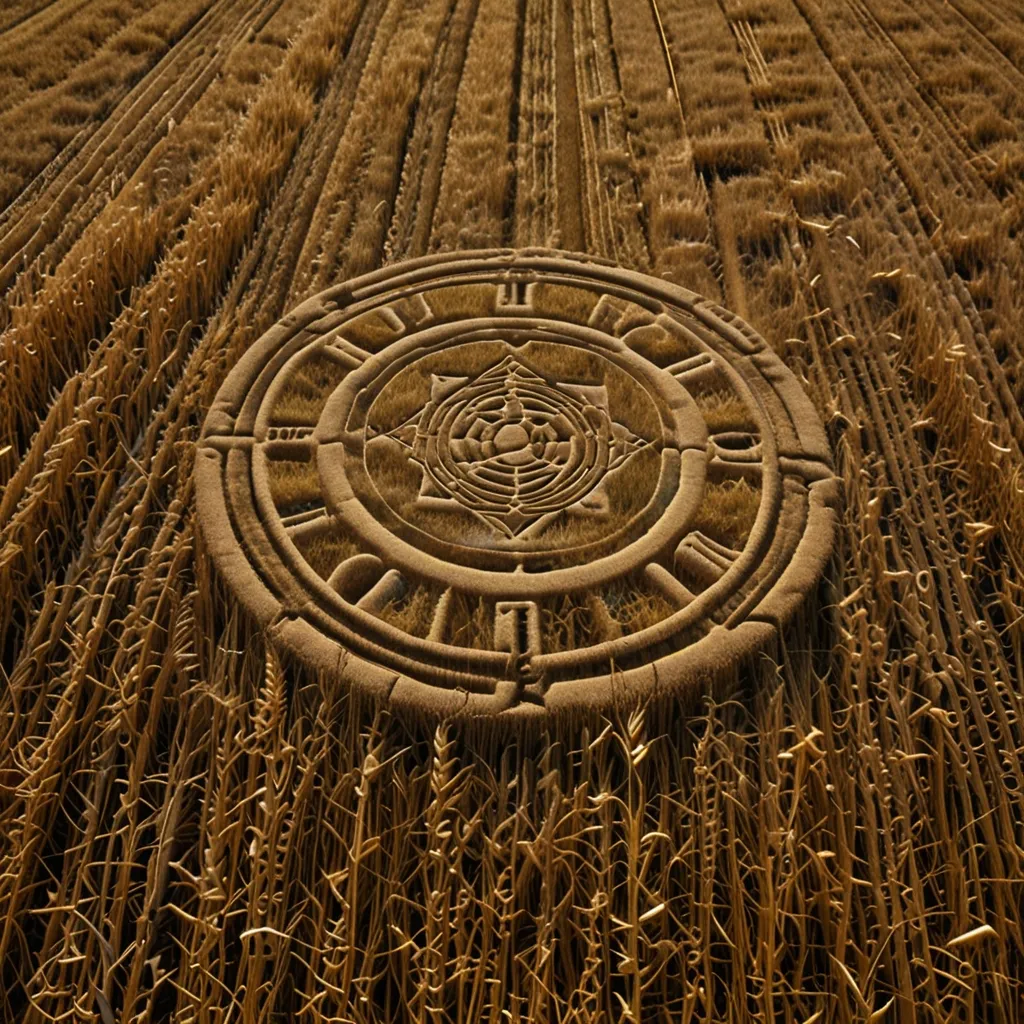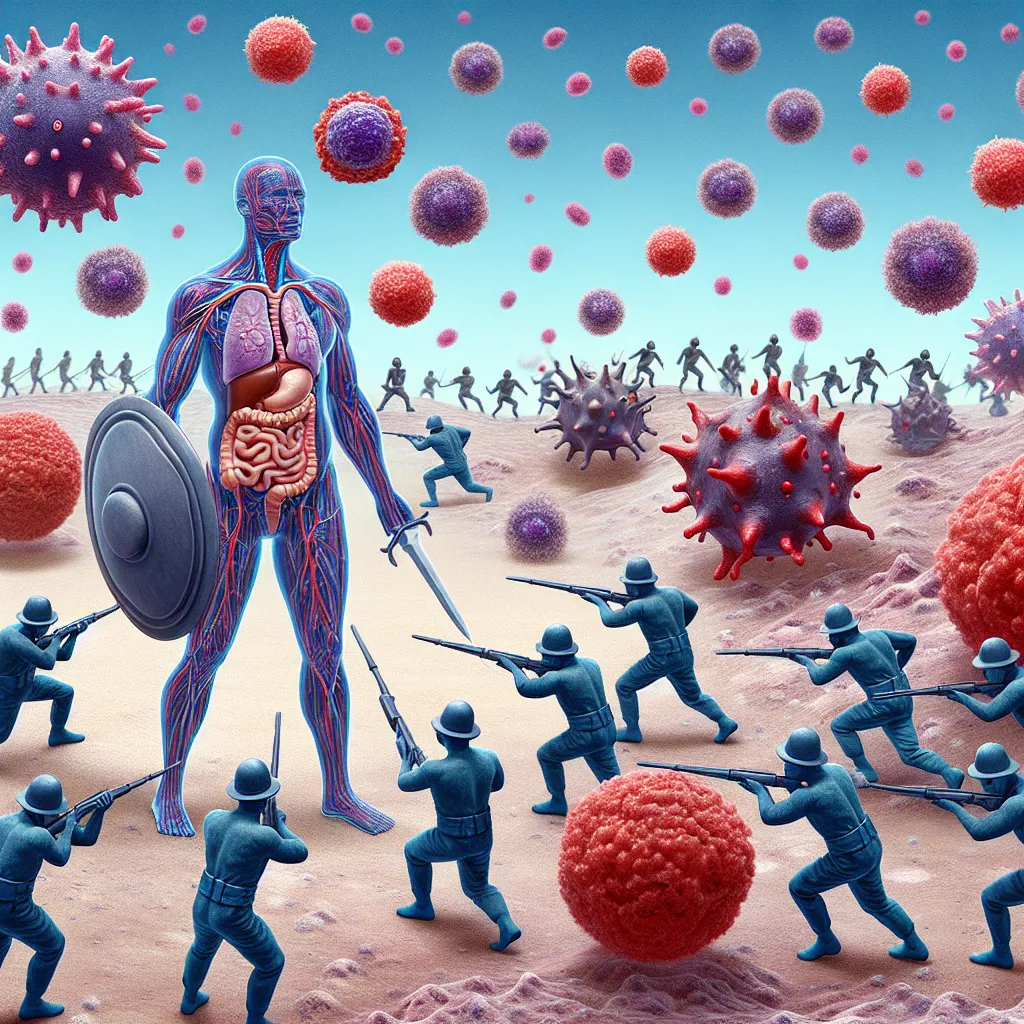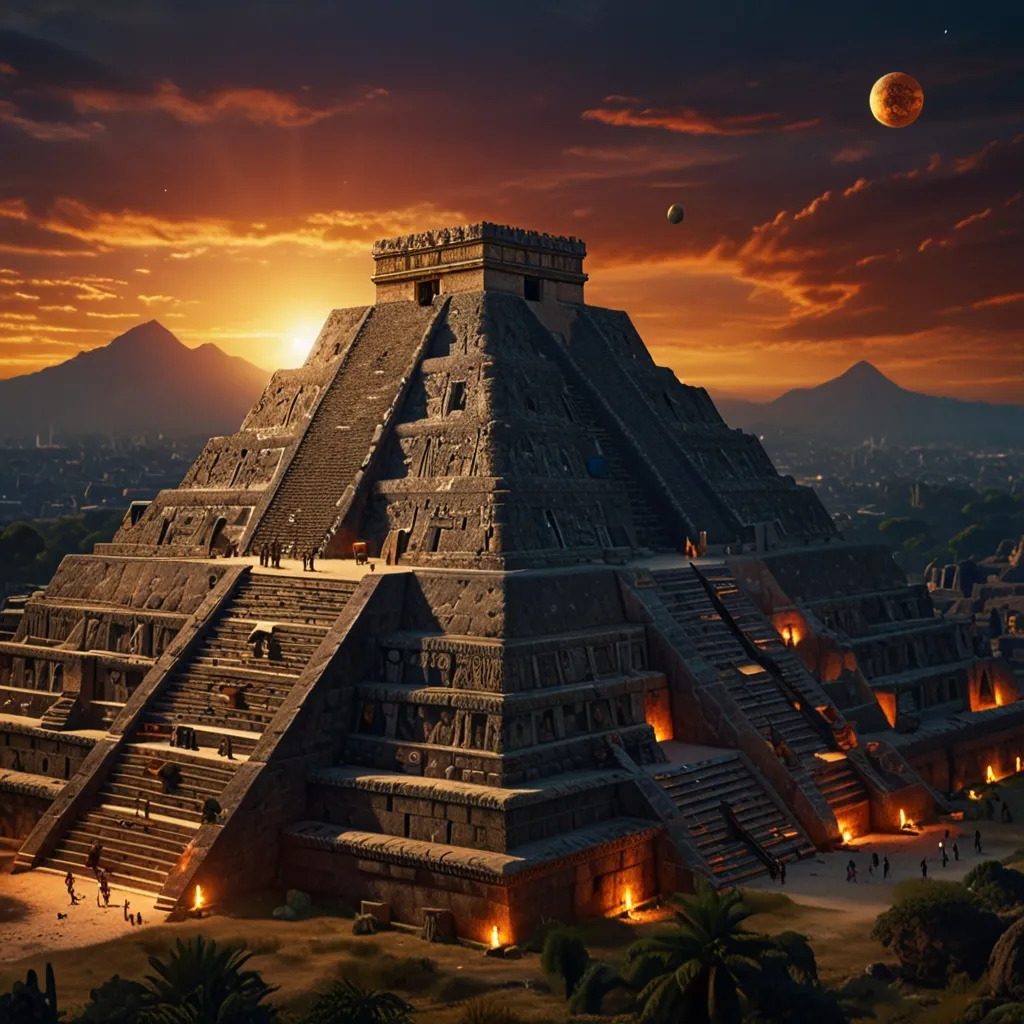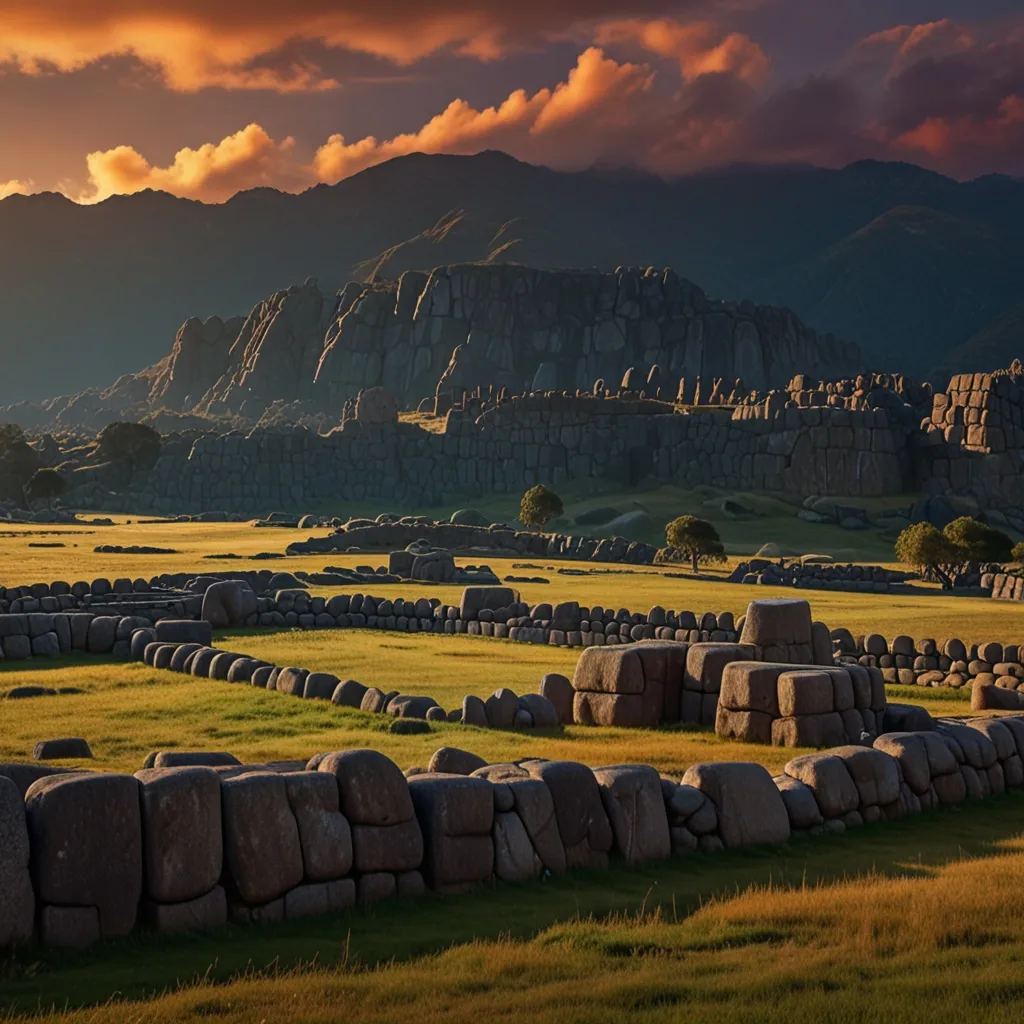Humans have a long-standing love affair with meat. It’s hard to imagine a world without juicy steaks, crispy fried chicken, or smoky bacon. Over the years, eating meat has become so common that a meal without it often feels incomplete. Yet, just a few decades ago, meat was considered a luxury.
Fast forward to today, and a cheeseburger costs just a dollar. Despite its popularity, meat is an incredibly inefficient way to feed people. On a global scale, our meat-centric diets are taking a heavy toll on the planet. Let’s dive into why this is the case and explore some potential solutions that don’t involve giving up your favorite steak.
We keep billions of animals for food, transforming our planet into massive feeding grounds. A staggering 83% of farmland is allocated for livestock. This includes pastures and crop fields dedicated to growing fodder like corn and soy. When you factor in the water needed for these crops, meat and dairy production consume 27% of the world’s freshwater.
The problem is, meat production is incredibly resource-intensive. Animals use most of their food just to stay alive, with only a tiny fraction converting into the meat we eat. For instance, cows convert only about 4% of the proteins and 3% of the calories from their feed into beef.
This inefficiency means that to produce a single kilogram of steak, a cow needs to consume up to 25 kilograms of grain and use around 15,000 liters of water. Yet, animal products only provide 18% of the calories humans consume. If we ate the crops we currently feed to animals, we could potentially nourish an additional 3.5 billion people.
The meat industry also contributes to 15% of all greenhouse gas emissions, equating to the combined emissions of all ships, planes, trucks, and cars. Moreover, the ethical implications of meat production are grim. We kill around 200 million animals daily, adding up to 74 billion per year. Factory farms, designed for efficiency, often have little regard for the quality of life of these animals.
Conditions in these farms can be horrifying. Pigs are often raised in windowless sheds and confined spaces too small to turn around. Dairy cows are separated from their calves shortly after birth. Chickens suffer immensely, often kept in such cramped conditions that they turn violent, leading to painful practices like beak and claw cutting.
While buying organic meat might seem like a kinder option, it still comes with its own set of problems. Organic farming does offer slightly better conditions but still involves considerable resource use. Moreover, the term “organic” can be quite flexible, and some producers might exploit this to charge higher prices without significantly improving animal welfare.
Enjoying meat doesn’t make you a bad person, just as avoiding it doesn’t make you a saint. Life and dietary choices are complex. For now, small steps can make a difference. Consider having a meat-free day each week or choosing meat from trusted sources, even if it costs a bit more. Chicken and pork are generally more efficient than lamb and beef, so opting for these can help reduce your environmental impact.
In the future, we might see lab-grown meat become commercially viable, offering a more sustainable and ethical solution. But until then, enjoy your steak, respect it, and maybe make it a special treat once again.
